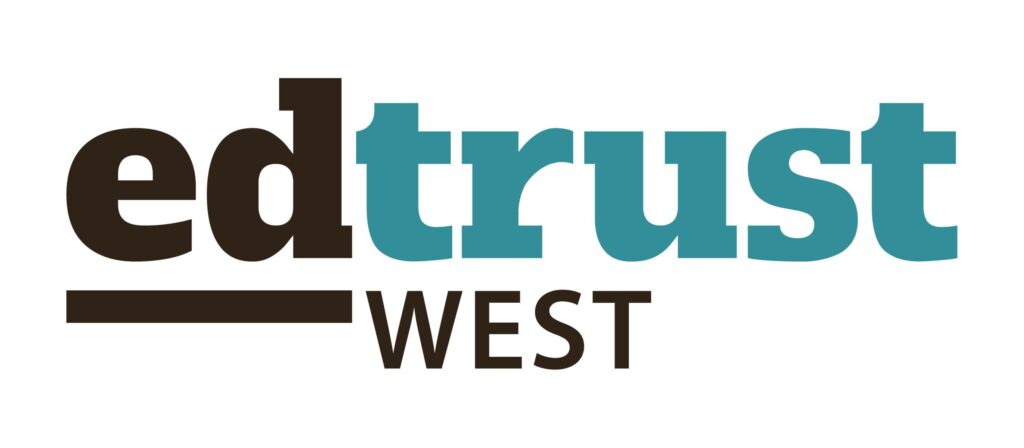Source: Market Watch
Over the past few decades the question of whether affirmative action is an appropriate antidote to centuries of discriminatory policies have animated the court system and voting booth. As Americans have become increasingly focused on systemic racism over the past several weeks, those questions have taken on new urgency.
Now, California voters will have a chance to weigh in with potentially precedent-setting consequences for the way colleges consider race in admissions — one of the most hotly contested battlegrounds in the affirmative action debate.
On Wednesday, the California Senate voted to approve California Assembly Constitutional Amendment No. 5, which seeks to repeal Proposition 209. The law, passed in 1996, bans the state from discriminating against or offering preferential treatment on the basis of race, gender and other criteria in hiring public employees, awarding public contracts and admissions to public universities in the state.
…
“We can’t ignore the fact that racism does exist,” said Elisha Smith-Arrillaga, the executive director of Education Trust-West, an organization focused on equity in education. “The way that we think about affirmative action is that having race is one of many tools that you use in allocating resources just helps to level the playing field.”

